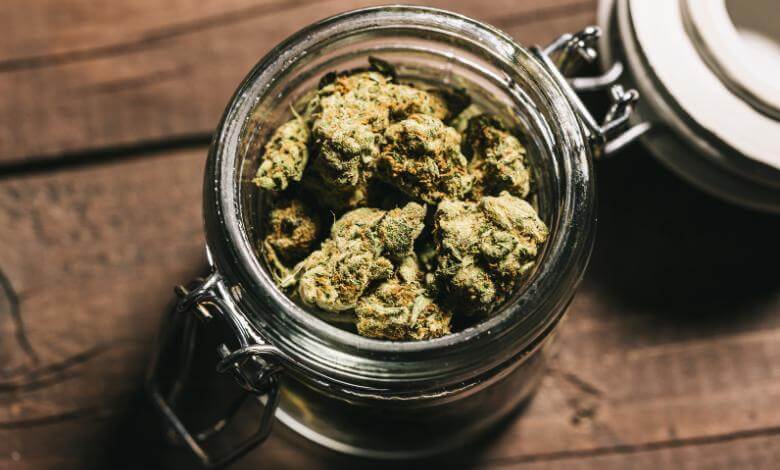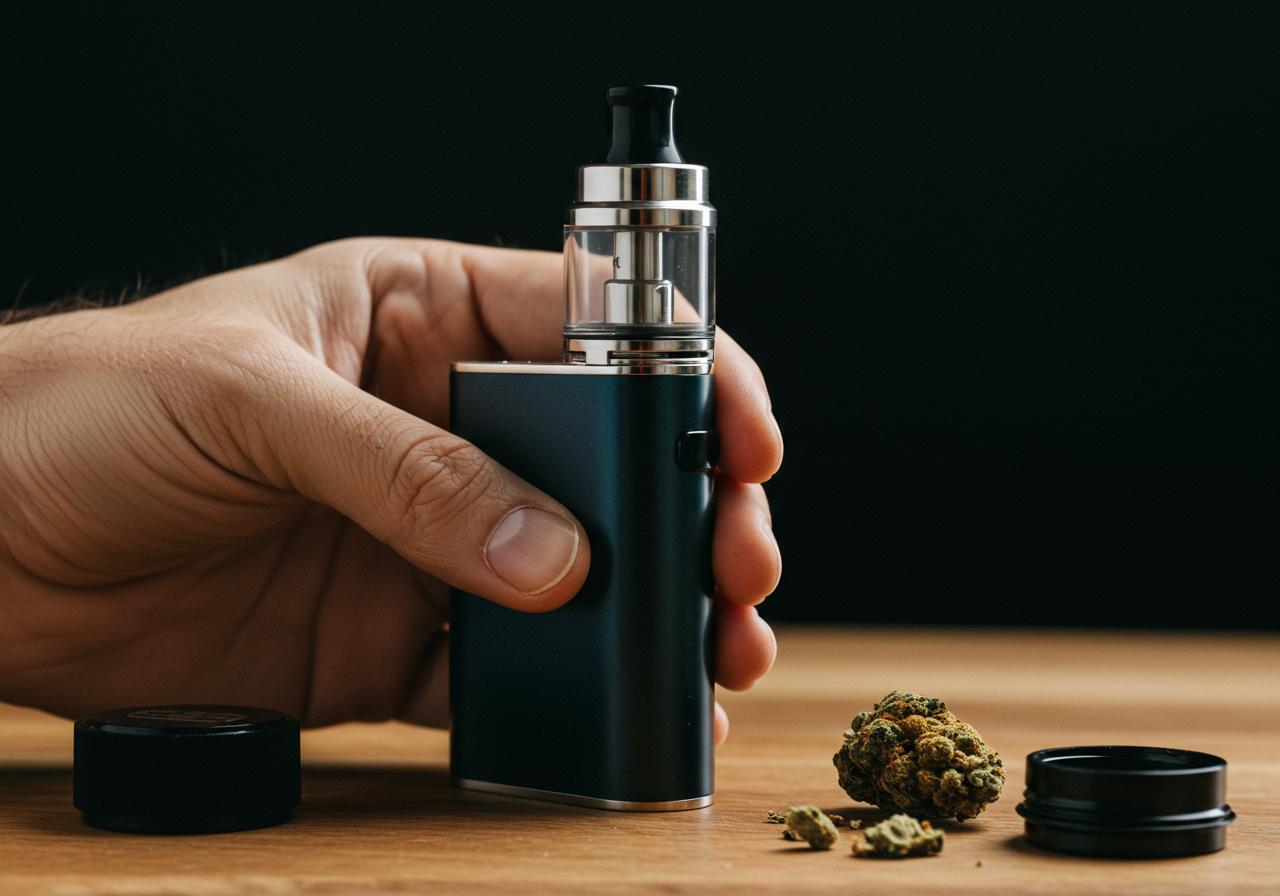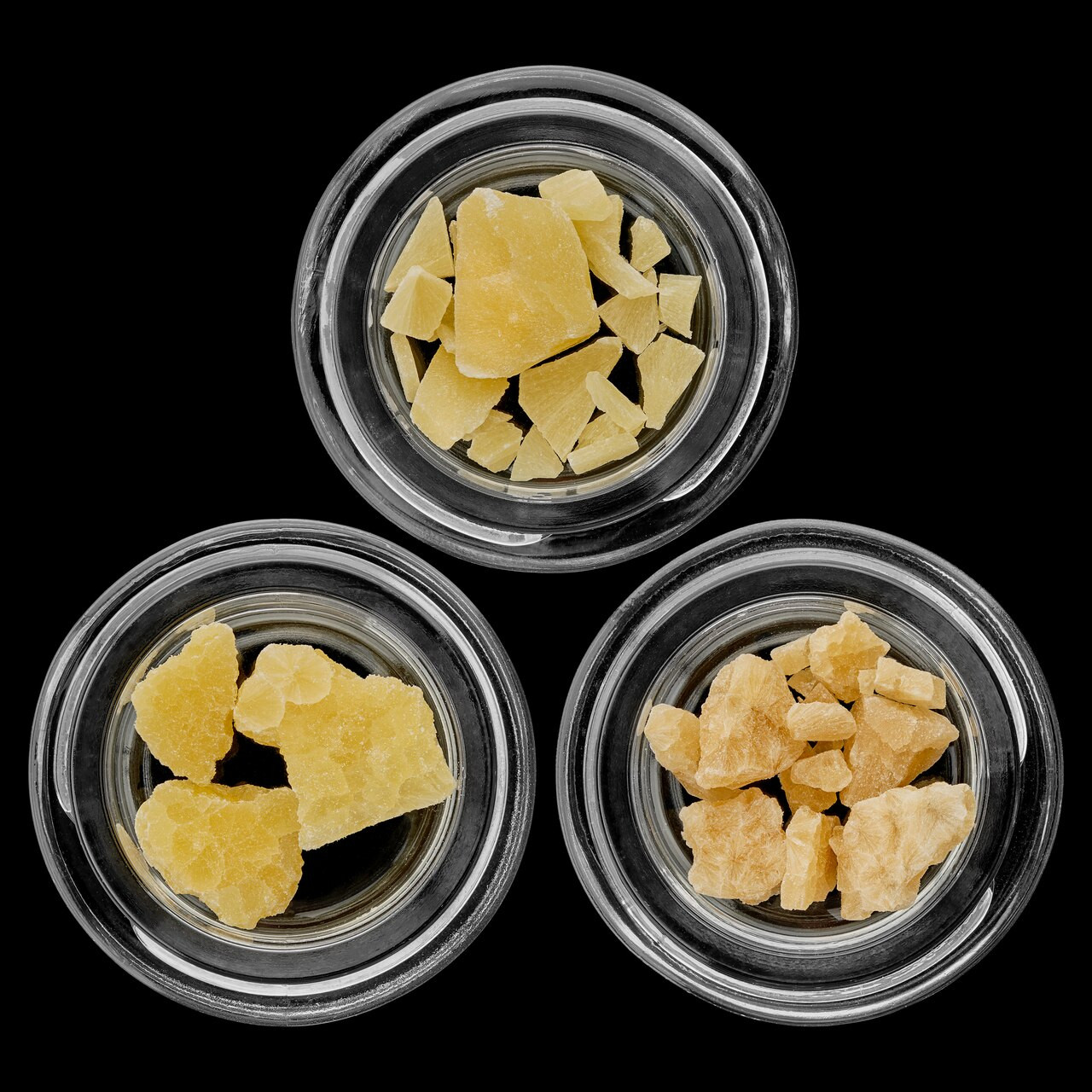THCA and the Endocannabinoid System: How It Works
Published on August 8, 2024
Last Updated on January 6, 2026
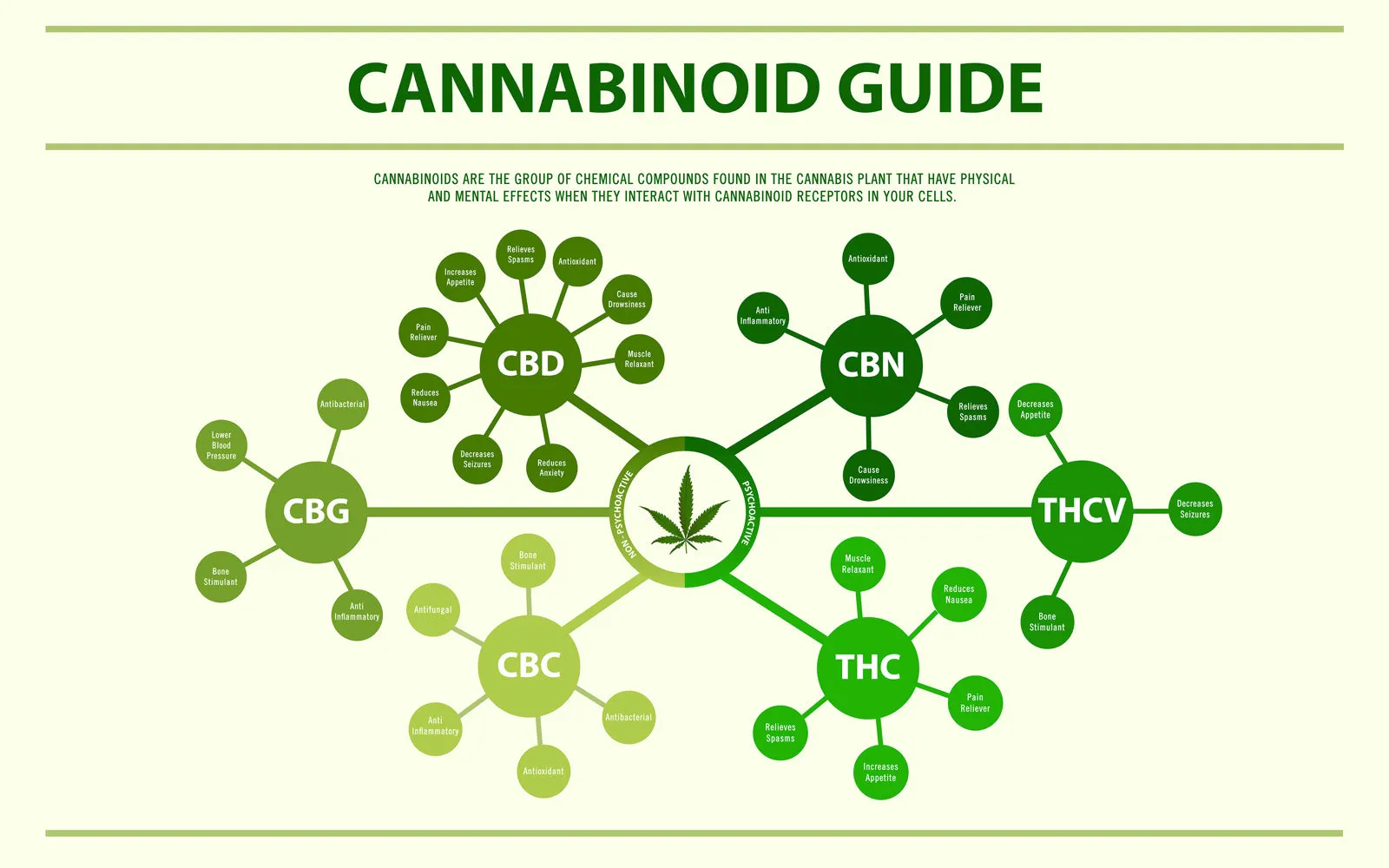
Tetrahydrocannabinolic acid, or THCA for short, is like the secret agent of the cannabis world—present but not fully understood by the masses. It’s kind of the unsung hero in raw cannabis. THCA doesn’t have the psychoactive effects that its famous cousin, THC, has. Ah, THC, always stealing the show, leaving THCA in the shadows. But lately, it’s getting its time to shine as science explores the fascinating dance between THCA and the endocannabinoid system—a topic that’s buzzing around but still leaves many scratching their heads.
Now let’s talk about the endocannabinoid system. It’s a network in our bodies that, quite frankly, is in control of a lot more than we give it credit for. This gem of a system regulates physiological processes, helping maintain that sweet balance known as homeostasis. The ECS, as it’s affectionately called, interacts with plant-derived cannabinoids like THCA in a pretty intriguing way. This relationship is drawing a lot of interest from the cannabinoid research community, even as we continue to unravel how cannabis, this ancient plant, affects the human body.
Components of the Endocannabinoid System
So, what makes up this endocannabinoid system superstar? At the heart of it all, we’ve got cannabinoid receptors, mostly the CB1 receptor and CB2 receptor. They’re like the welcoming committee spread throughout the body, with a notable presence in the brain (hello CB1) and the immune system (enter CB2). Endocannabinoids themselves are these nifty little compounds produced by our own body, the quintessential endogenous cannabinoids. They work hard behind the scenes to keep everything in harmony.
Now, you can’t talk endocannabinoids without mentioning the unsung hero—enzymes. Particularly the fatty acid amide hydrolase, which helps regulate endocannabinoid levels. These enzymes are crucial for breaking down endocannabinoids after they’ve done their thing, stopping the action to ensure that receptor activation doesn’t turn into a wild party that our cells haven’t signed up for.
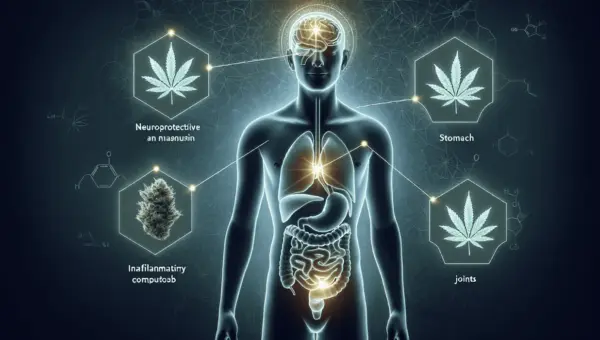
THCA’s Interaction with Cannabinoid Receptors
So, how does THCA fit into this picture with those CB receptors we mentioned? Unlike THC, THCA doesn’t bind effortlessly with the CB1 receptor. Its interaction is subtler, appearing more like a mellow conversation than a takeover. THCA’s non-psychoactive nature means that while it hangs around, it doesn’t bring about those famous psychoactive effects associated with a cannabis high.
Interestingly, THCA is thought to potentially modulate inhibitory synapses—a calming influence, so to speak. There’s an ongoing dialog in the research world, diving into receptor agonists, those nifty compounds that can activate receptors, synthetic cannabinoids included. How might THCA compare? The jury’s still out, but it’s an area rich with questions and potential answers.
Therapeutic Potential of THCA
Let’s zoom in on the magic THCA might offer. With potential anti-inflammatory effects, THCA is drawing attention for its role in tackling inflammation-related conditions. Imagine a natural soothe to that persistent fire within your cells. It gets better—THCA’s potential neuroprotective effect is a subject of passionate discussions. For those grappling with degenerative disorders, could THCA be part of the future toolkit? We’re interested, very interested.
There’s more. The CB1 receptor’s role in modulating drug-seeking behaviors suggests that THCA might be a player in developing new approaches for treating drug abuse. Suddenly, this non-psychoactive compound doesn’t seem so ordinary anymore, huh? And with growing therapeutic applications in both medical cannabis and medicinal cannabis, THCA is stepping up as a potential game-changer.
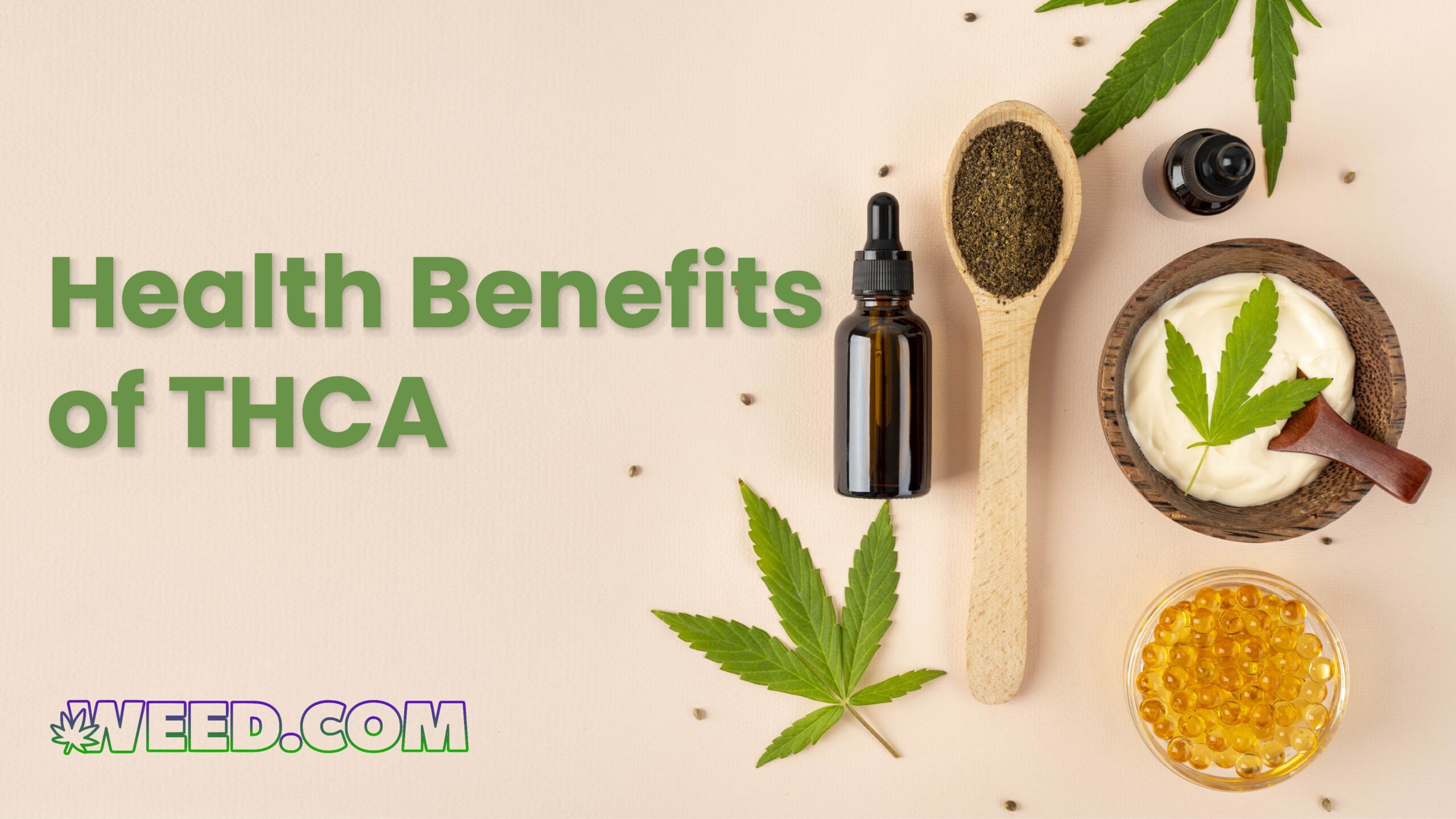
The Role of THCA in Raw Cannabis Use
More folks are getting into raw cannabis use, attracted by its high levels of THCA. The benefits are slowly being propagated by enthusiasts and health aficionados alike. Consuming raw cannabis, as opposed to its heated, psychoactive counterpart, can offer different, milder therapeutic benefits.
How does THCA stack up against other plant cannabinoids? Well, each brings its unique profile to the table. Raw cannabis consumption impacts the endocannabinoid system distinctly—it’s less about getting a high, more about subtle nudges in our body’s systems for overall health.
Certain cannabis sativa strains are known for their high THCA content and therapeutic properties, cultivating fan bases who swear by their holistic health benefits. As the spotlight on THCA grows, it’s clear we’re just beginning to scratch the surface.
Research and Future Directions
Speaking of starting points, the research on THCA is a burgeoning field, reflected in the growing number of related articles being published in international journals. It’s fascinating to track how the legacy of cannabis research giants like Raphael Mechoulam propels the exploration of cannabinoids forward.
The journey of cannabinoid research, particularly in behavioral sciences, hints at untapped potential. The future of this research direction is compelling. The interplay between THCA and how the endocannabinoid system works proposes a complex, nuanced dance that’s slowly but surely being understood — each study adding a new step to the choreography of discovery.
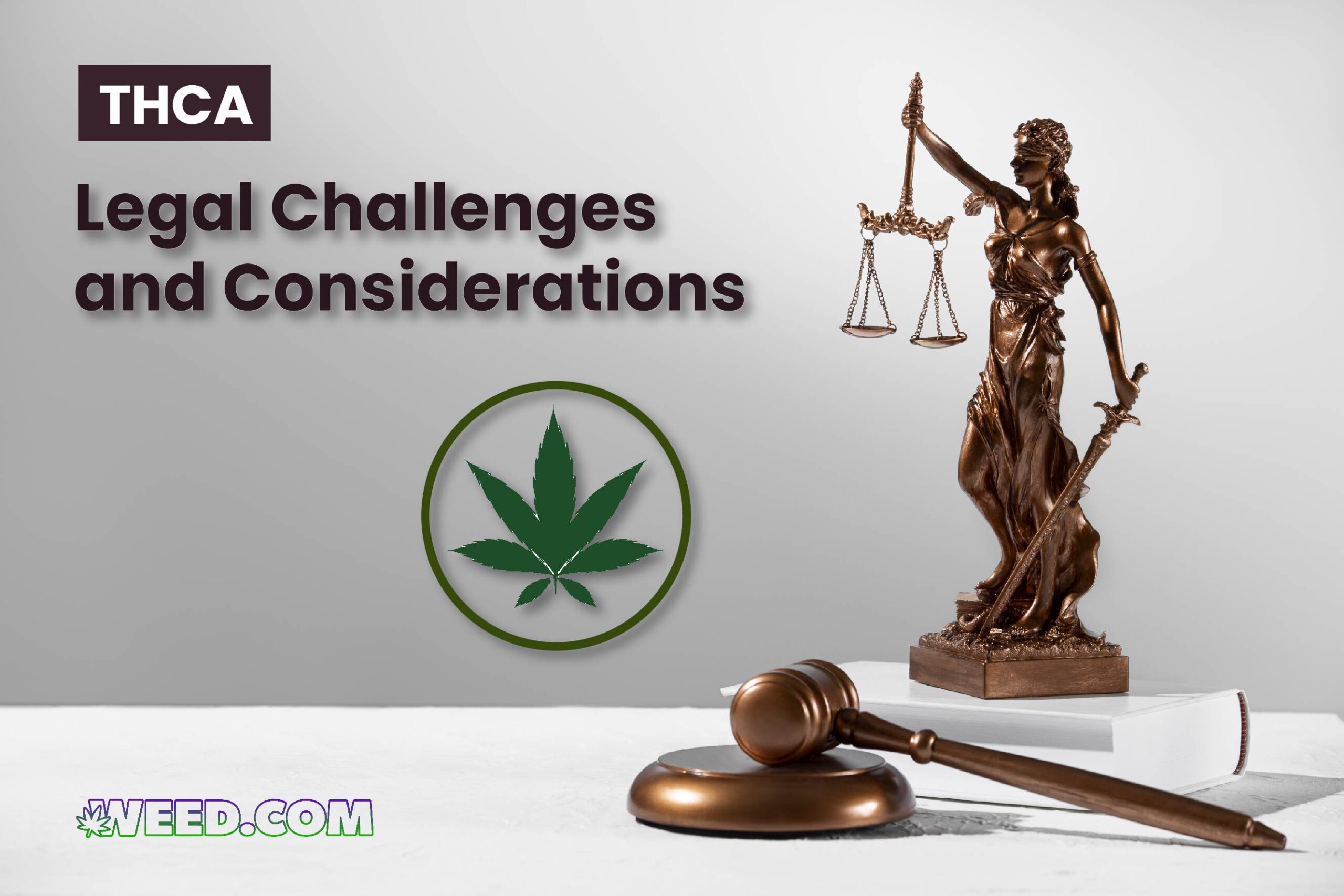
Conclusion
The interplay between THCA and the ECS is significant, influencing health and well-being in myriad ways. Yet, there’s still much to uncover, and so we nudge the curious minds—knowledge seekers and everyday cannabis users alike—to continue exploring and asking the tough cannabis questions. Informed cannabis use, understanding its effects on the human body, and ongoing research hold all the cards to unlocking its many potentials. So here’s to the future of cannabis exploration—always more to learn, more to grow.
